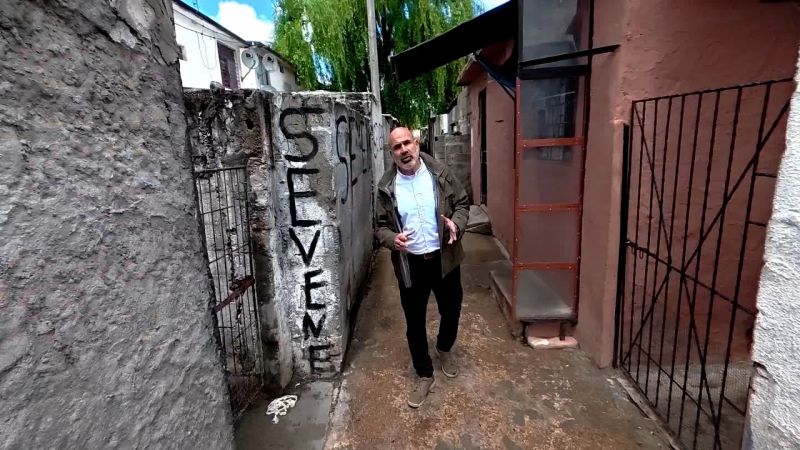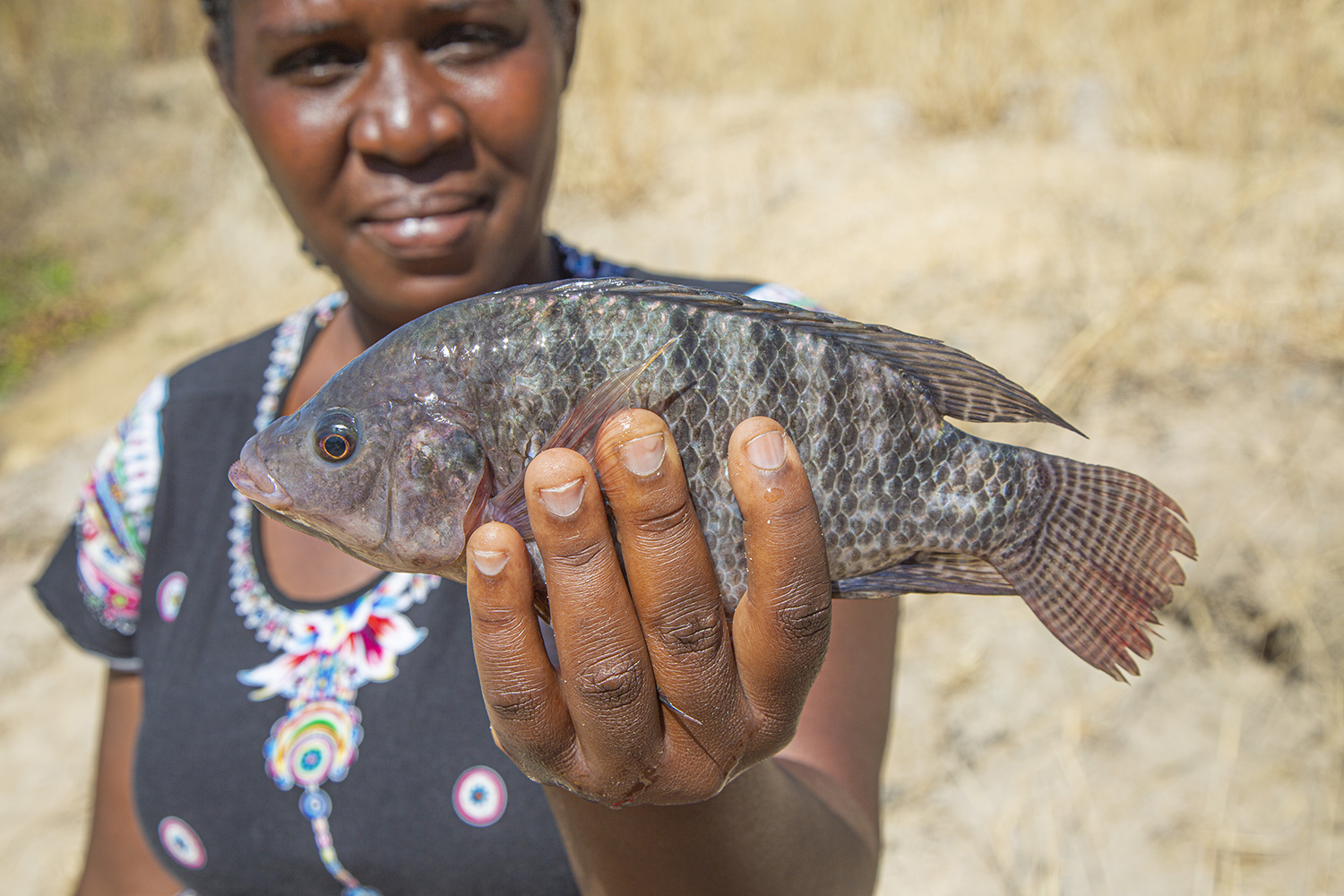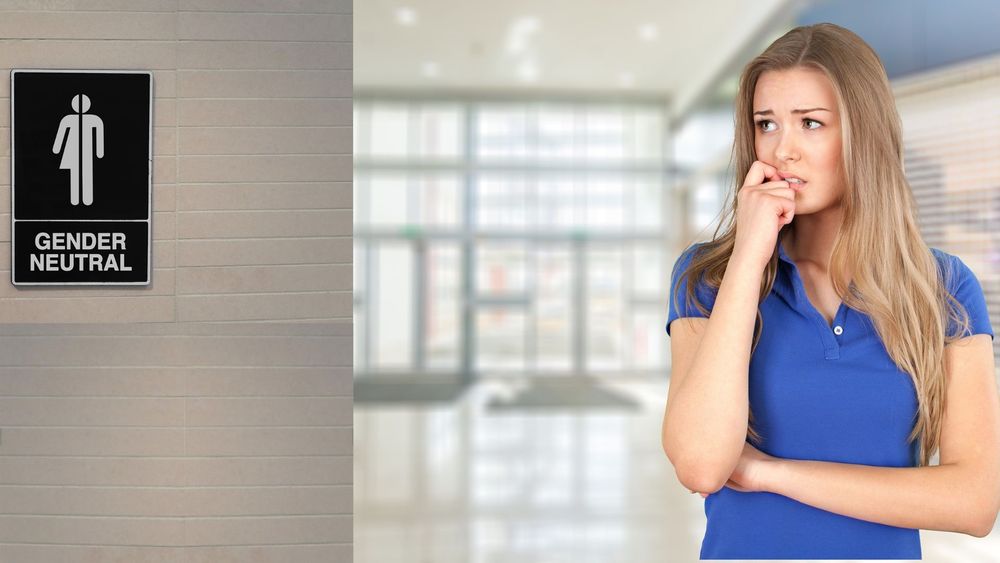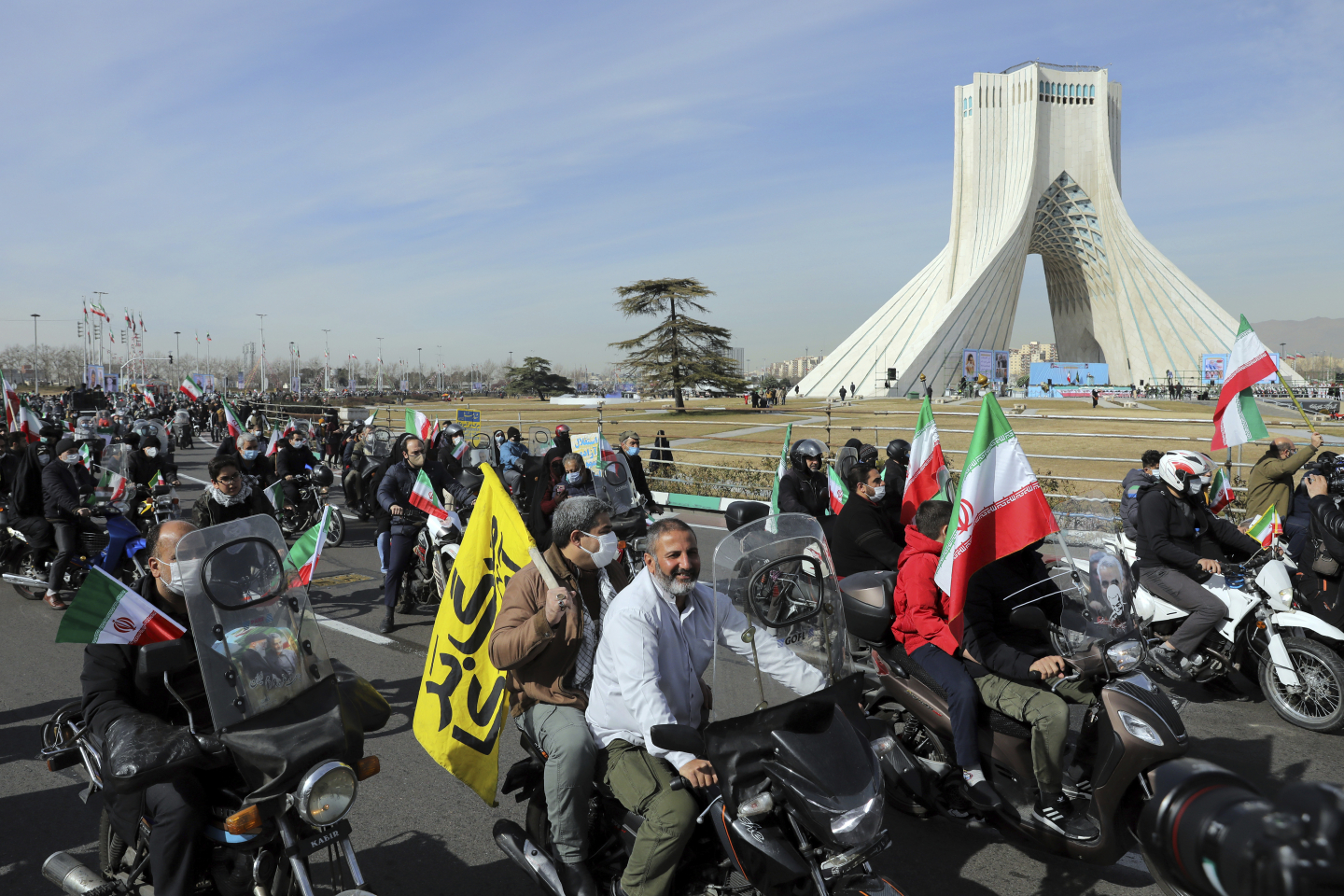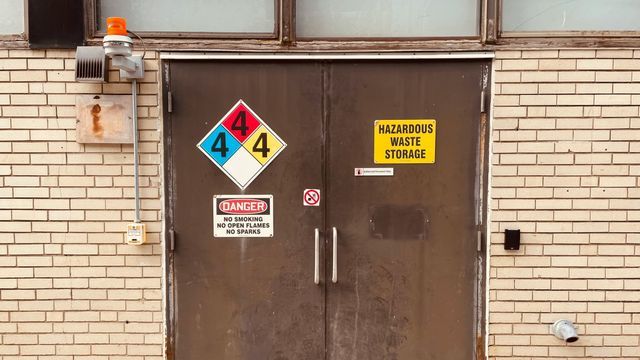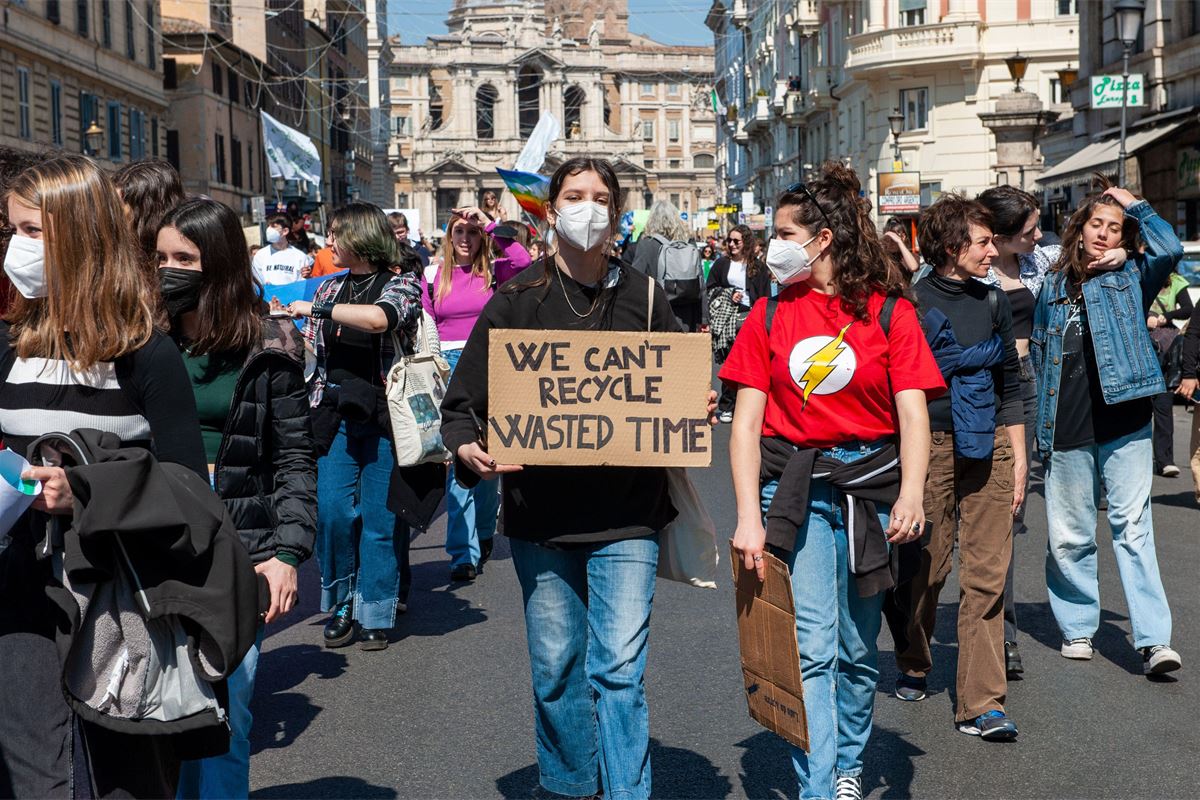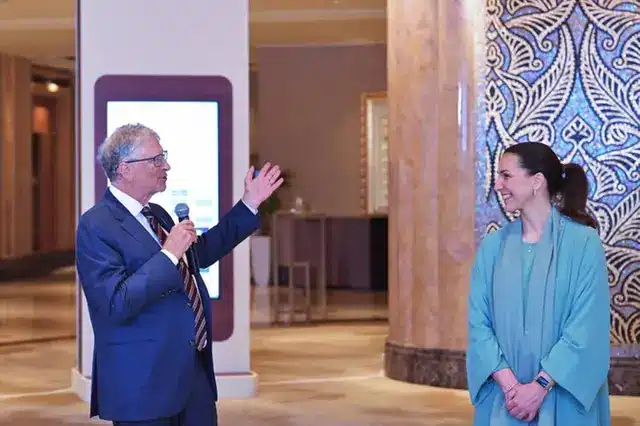Azerbaijan: Sentencing and arbitrary detention of prominent peace activist Bahruz Samadov – fidh.org

Report on the Sentencing of Bahruz Samadov and its Implications for Sustainable Development Goals in Azerbaijan
1.0 Executive Summary
This report details the case of Mr. Bahruz Samadov, a peace activist and researcher sentenced to 15 years in prison in Azerbaijan. The circumstances of his detention, trial, and sentencing represent significant setbacks for the country’s progress towards achieving the United Nations Sustainable Development Goals (SDGs), particularly SDG 16 (Peace, Justice and Strong Institutions). The case is indicative of a broader pattern of repression against journalists, researchers, and human rights defenders, which undermines fundamental freedoms and the rule of law.
2.0 Case Background: Bahruz Samadov
Mr. Bahruz Samadov is a political scientist, researcher, and journalist known for his advocacy for peace and critical analysis of regional politics, including the Nagorno-Karabakh conflict. His work has been published on international platforms such as OC Media and Eurasianet.
- Initial Detention: Detained on August 21, 2024, in Baku. He was held incommunicado for two days before authorities confirmed his detention.
- Charges: Charged with treason under Article 274 of Azerbaijan’s Criminal Code. The allegations, which include espionage and assisting a foreign state in hostile activities, are reportedly based solely on his research and public advocacy.
- Sentencing: On June 23, 2025, the Baku Grave Crimes Court sentenced Mr. Samadov to 15 years in prison.
- Detention Conditions: Following the prosecution’s call for a 16-year sentence, Mr. Samadov reportedly attempted suicide and subsequently began a hunger strike, raising grave concerns about his physical and psychological well-being.
3.0 Violations of SDG 16: Peace, Justice and Strong Institutions
The handling of Mr. Samadov’s case directly contravenes several targets within SDG 16, which is dedicated to promoting peaceful and inclusive societies, providing access to justice for all, and building effective, accountable, and inclusive institutions.
3.1 Undermining Access to Justice and Rule of Law (SDG Target 16.3)
SDG Target 16.3 calls for the promotion of the rule of law and ensuring equal access to justice. The proceedings against Mr. Samadov failed to meet these standards:
- The trial was conducted behind closed doors, denying public scrutiny and violating the right to a fair and public hearing as guaranteed by international covenants to which Azerbaijan is a party.
- The charges are widely considered to be fabricated and lacking in evidence, suggesting a politically motivated prosecution rather than a legitimate judicial process.
3.2 Infringement on Fundamental Freedoms (SDG Target 16.10)
SDG Target 16.10 aims to ensure public access to information and protect fundamental freedoms. The conviction of Mr. Samadov for his research and journalism is a direct assault on this goal.
- Criminalizing critical analysis and peace advocacy stifles freedom of expression.
- The actions against Mr. Samadov contribute to a climate of fear, discouraging journalists and researchers from carrying out their legitimate work, thereby limiting public access to diverse and independent information.
4.0 Broader Context: A Systemic Challenge to Sustainable Development
The case of Bahruz Samadov is not an isolated incident but part of a wider crackdown on civil society in Azerbaijan. This trend poses a systemic threat to the nation’s ability to achieve multiple SDGs.
4.1 Impact on Strong Institutions (SDG 16) and Partnerships (SDG 17)
The judicial harassment of activists and journalists weakens the institutions necessary for a stable, democratic society. This pattern is evident in other recent cases:
- Rufat Safarov: Human rights defender arbitrarily detained since December 2024.
- Anar Mammadli: Human rights defender detained since April 2024.
- Bashir Suleymani and Mammad Alpay: Human rights defenders arrested in April 2025 over alleged contacts with the German Marshall Fund (GMF), undermining SDG 17 (Partnerships for the Goals).
- Igbal Abilov: Talysh researcher sentenced to 18 years on treason charges in May 2025.
- Abzas Media Journalists: Seven journalists sentenced to lengthy prison terms in June 2025, further eroding media freedom.
4.2 Impact on Quality Education (SDG 4) and Decent Work (SDG 8)
The persecution of individuals for their professional and academic work has far-reaching consequences.
- SDG 4: The detention of Mr. Samadov, a doctoral candidate, for his research creates a chilling effect on academic freedom, a cornerstone of quality education.
- SDG 8: The systematic targeting of journalists and researchers for their work constitutes a violation of their right to decent and safe employment.
5.0 Recommendations for Alignment with SDG Commitments
To realign with its international commitments under the 2030 Agenda for Sustainable Development, the authorities of Azerbaijan are urged to take the following actions:
- Guarantee Physical and Psychological Integrity: Uphold SDG 16 by ensuring the well-being of Bahruz Samadov and all other detained human rights defenders, journalists, and researchers.
- Release Arbitrarily Detained Individuals: Immediately and unconditionally release Bahruz Samadov and all others detained solely for exercising their fundamental freedoms, thereby strengthening the rule of law (SDG 16.3).
- Cease Judicial Harassment: Quash the conviction against Bahruz Samadov and end all forms of harassment against human rights defenders, allowing them to contribute to an inclusive society without fear of reprisal.
- Uphold Freedom of Expression: Guarantee in all circumstances the right to freedom of expression as enshrined in international law and as a critical component of SDG Target 16.10.
1. Which SDGs are addressed or connected to the issues highlighted in the article?
-
SDG 16: Peace, Justice and Strong Institutions
- The article’s core focus is on the breakdown of justice and the persecution of individuals working for peace and human rights in Azerbaijan. It details the arbitrary detention, unfair trial, and sentencing of peace activist Bahruz Samadov and other journalists and human rights defenders. This directly relates to the goal of promoting peaceful and inclusive societies, providing access to justice for all, and building effective, accountable, and inclusive institutions. The article explicitly mentions violations of the right to a fair trial, freedom of expression, and the use of the judicial system to harass and silence dissent, all of which are central concerns of SDG 16.
2. What specific targets under those SDGs can be identified based on the article’s content?
-
Target 16.1: Significantly reduce all forms of violence and related death rates everywhere
- The article highlights the severe psychological distress and physical risks faced by detainees. It reports that Bahruz Samadov “attempted suicide and was transferred to the hospital wing” and subsequently “started a hunger strike.” The call to “Guarantee in all circumstances the physical integrity and psychological well-being of Bahruz Samadov” directly addresses the need to reduce violence and harm against individuals, especially those in state custody.
-
Target 16.3: Promote the rule of law at the national and international levels and ensure equal access to justice for all
- This target is central to the article. The text describes a complete failure to uphold the rule of law in the case of Bahruz Samadov. His trial was “conducted behind closed doors,” which is a “violation of the right to a fair trial and due process guarantees.” The charges are described as “fabricated and unsupported by any evidence.” The article also mentions the “arbitrary arrest, unfair trial and conviction” and the broader trend of “judicial harassment” against activists, demonstrating a lack of equal access to justice.
-
Target 16.10: Ensure public access to information and protect fundamental freedoms, in accordance with national legislation and international agreements
- The article explicitly states that Bahruz Samadov was sentenced “solely on his research and advocacy for peace… which constituted a legitimate exercise of his right to freedom of expression.” It details a “broader crackdown and increasing repression on researchers and journalists in Azerbaijan” and notes that “Charges of treason are being used to criminalise the expression of dissenting opinions.” The final appeal asks the authorities to “Guarantee in all circumstances the rights to freedom of expression, as enshrined in international human rights law.” This directly aligns with the goal of protecting fundamental freedoms.
-
Target 16.a: Strengthen relevant national institutions, including through international cooperation, for building capacity at all levels… to prevent violence and combat… crime
- The article itself is an act of international cooperation, as it is an appeal from The Observatory for the Protection of Human Rights Defenders (a joint programme of FIDH and OMCT) to the international community. The “Actions requested” section urges people to write to Azerbaijani authorities and their diplomatic representatives, leveraging international pressure to strengthen accountability and adherence to human rights standards within Azerbaijan’s national institutions.
3. Are there any indicators mentioned or implied in the article that can be used to measure progress towards the identified targets?
-
Indicator for Target 16.10 (Protect fundamental freedoms) and Target 16.3 (Access to justice)
- Number of verified cases of arbitrary detention of journalists and human rights defenders. The article provides a specific list of individuals who have been arbitrarily detained or sentenced, which serves as a direct measure of this indicator. It names Bahruz Samadov, Rufat Safarov, Anar Mammadli, Bashir Suleymani, Mammad Alpay, Igbal Abilov, and seven journalists from Abzas Media (Ulvi Hasanli, Sevinc Vagifgizi, Hafiz Babaly, Nargiz Absalamova, Elnara Gasymova, Muhammad Kekalov, and Farid Mehralizade). Tracking the number of such cases over time would measure progress or regression.
-
Indicator for Target 16.3 (Promote the rule of law)
- Proportion of the population who have experienced a dispute who accessed a formal or informal dispute resolution mechanism, by type of mechanism. While not a direct measure, the article implies a negative indicator: the number of trials of activists and journalists that violate due process. The fact that Bahruz Samadov’s trial was “conducted behind closed doors” is a specific data point indicating a lack of access to a fair and public judicial mechanism.
-
Indicator for Target 16.1 (Reduce all forms of violence)
- Number of incidents of violence or self-harm against detainees. The article’s specific mention of Bahruz Samadov’s suicide attempt and subsequent hunger strike serves as a qualitative indicator of the conditions and psychological violence experienced in detention. Tracking such incidents provides a measure of the physical and psychological safety of prisoners.
4. Table of SDGs, Targets, and Indicators
| SDGs | Targets | Indicators Identified in the Article |
|---|---|---|
| SDG 16: Peace, Justice and Strong Institutions |
16.1: Reduce all forms of violence and related death rates everywhere.
16.3: Promote the rule of law and ensure equal access to justice. 16.10: Ensure public access to information and protect fundamental freedoms. |
– Number of incidents of self-harm or hunger strikes by political prisoners (e.g., Bahruz Samadov’s suicide attempt and hunger strike).
– Number of trials violating due process guarantees (e.g., Bahruz Samadov’s trial held “behind closed doors”). – Number of verified cases of arbitrary detention and sentencing of journalists, researchers, and human rights defenders (e.g., the named cases of Bahruz Samadov, Rufat Safarov, Anar Mammadli, and others). |
Source: fidh.org

What is Your Reaction?
 Like
0
Like
0
 Dislike
0
Dislike
0
 Love
0
Love
0
 Funny
0
Funny
0
 Angry
0
Angry
0
 Sad
0
Sad
0
 Wow
0
Wow
0

